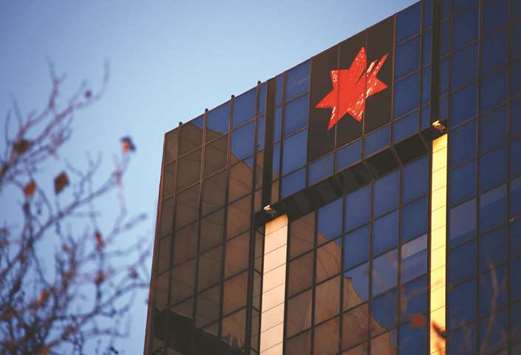An Australian state imposed a surprise tax on the country’s five biggest banks, a move that comes on top of a new $4.6bn federal levy – prompting predictions that other states could follow suit and howls of outrage from the sector.
South Australia, the country’s fifth-largest state by population, announced a tax worth a combined A$370mn ($280mn) over the first four years, saying it would use the proceeds to fund job-creation initiatives.
The head of the Australian Bankers Association Anna Bligh called the tax “an outrageous cash grab without policy substance”. Westpac Banking Corp and Australia and New Zealand Banking Group (ANZ) said the move could provoke a backlash from banks as they could decide to curtail investment in the state.
The focus now turns to whether any of the country’s other five states will follow suit and how far the banks will go to oppose the state tax.
Unpopular with the public and politicians after a series of scandals, they accepted the federal tax without mounting a major marketing campaign because the measure had bipartisan support.
“I would say it is definitely on the cards for other states,” said Morningstar analyst David Ellis said. “For any cash-strapped state it looks like it is just an easy option.”
However, he said it was unlikely that the country’s largest state, New South Wales, would impose a similar tax because it had a strong budget surplus and would want to maintain Sydney’s reputation as an Asia-Pacific financial services hub. The banks called the measure unfair and double-taxation. “All businesses will rightly question the political risk associated with investing in a State with a Government prepared to unfairly target an industry that has played a significant role in supporting its lagging economy,” ANZ chief executive Shayne Elliott said in a statement.
Macquarie Group declined to comment. Representatives for Commonwealth Bank of Australia and National Australia Bank were not immediately available for comment.
South Australian Treasurer Tom Koutsantonis said the five banks, which collectively reported profits of about A$30bn last year, should contribute more to economic growth and job creation in his state.
The state has the nation’s highest unemployment rate. It will impose a 6 basis point tax on 6% of the assets being taxed by the federal government, adding that it had derived that percentage as the state accounts for 6% of the national economy.

The logo of National Australia Bank adorns their headquarters building in central Sydney. An Australian state imposed a surprise tax on the country’s five biggest banks, a move that comes on top of a new $4.6bn federal levy u2013 prompting predictions that other states could follow suit and howls of outrage from the sector.
